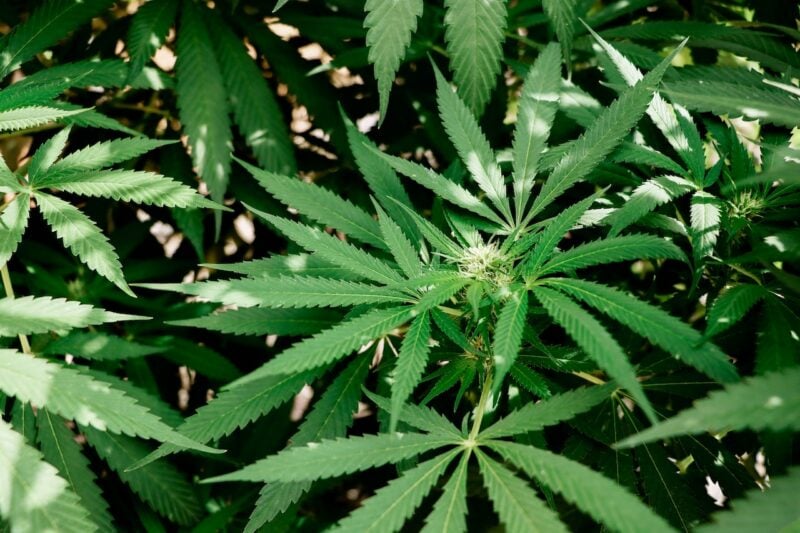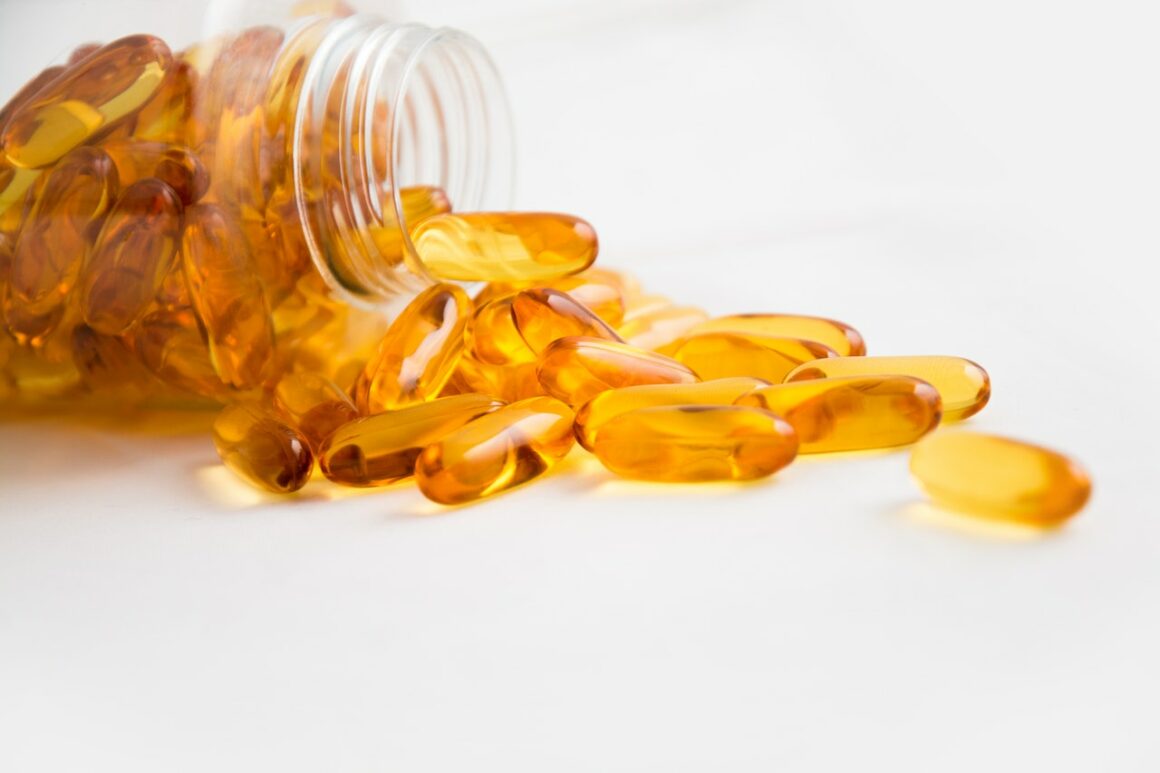What is beta-alanine? All about effect & dosage
- Posted on
- 5 minute read
- Christin Uthoff

Beta-alanine is encountered above all by people who are active in sports component of numerous supplements. But what is that exactly? In this article you will learn whether the supplement can be useful for you, how it works in the body and what side effects may be associated with taking it.
What is beta-alanine? All about effect & dosage
What is beta-alanine?
Beta-alanine is an amino acid that is produced in the liver or ingested with food. It normally occurs together with the amino acid histidine as L-carnosine before. Supplementation of beta-alanine may increase the Increase concentration of L-carnosine. For some years now, beta-alanine has been an increasingly common ingredient in sports nutrition, as the amino acid may have the improve athletic performance, especially in short and intense efforts. can.
Is beta alanine vegan?
Beta-alanine is found naturally only in animal animal foods such as beef, pork, fish or poultry. before. Thus, in a vegetarian or vegan diet, no beta-alanine is absorbed through the diet. However, since the amino acid is not essential and can be formed by the body itself, this is not a problem. If you want to supplement beta-alanine, however, you don’t have to worry about the origin, because Beta-alanine in supplements is synthetically produced and is therefore 100% vegan!
The little 1x1 of amino acids
The human body needs 20 different amino acids to build up proteins. These are called proteinogen. Eight of these amino acids are considered essential for adults, which means they must be taken in with food: Isoleucine, leucine, lysine, methionine, phenylalanine, threonine, tryptophan and valine. A Sufficient protein intake through food with diverse protein sources is thus important to supply the body with these amino acids. The remaining proteinogenic amino acids can normally be produced by the body itself and are therefore not essential.
In addition to the proteinogenic amino acids, however, there are also non-proteinogenic amino acids, such as beta-alanine. They are not used to build proteins, but have multiple other functions. Beta-alanine, as already mentioned, is part of L-carnosine.
Beta Alanine effect
Beta-alanine is often an ingredient in various sports supplements because beta-alanine may be able to increase performance as well as delay fatigue and exhaustion. The supplementation of beta-alanine can increase the Increase concentration of L-carnosinewhich is mainly stored in the skeletal muscles. L-carnosine, in turn, can contribute to the fact that the pH value does not drop too much during heavy physical strain and thus delay premature exhaustion. In addition, more reactive oxygen species are produced during exercise, which can contribute to muscle fatigue and exercise-induced muscle damage.
L-carnosine then acts as an antioxidant which can scavenge oxygen free radicals and thus reduce oxidative stress.

Beta-alanine is the limiting factor for the formation of L-carnosine. Accordingly, a
Supplementation of beta-alanine increase the concentration of L-carnosine by 20 to 30 % after only two weeks, by 40 to 60 % after four weeks, and after ten weeks even by up to 80.
In practice, this means you can train longer at a higher intensity. Especially for very intensive exercises with a duration of one to four minutes beta-alanine can contribute to increased performance and make sure you get more reps. So in professional weight training, supplementation can make sense.
Supplementation may also be useful in older people, since the Carnosine concentration decreases with age and beta-alanine can counteract this process. Thus the
Muscle endurance can be increased in older people, which may prevent falls and positively affect overall health.
Intake & Dosage
Isolated amino acids are now available as pills, capsules, ampoules or powders. buy Either they provide you with a specific amino acid or a mixture. Combined are often glutamine, arginine, beta-alanine, leucine, isoleucine and valine. Here you will learn all the info about the dosage of beta-alanine, but in general: Be sure to follow the daily amounts recommended by the manufacturer and under no circumstances take larger amounts of the supplement. For higher doses, there are usually not yet sufficient studies on possible side effects.
If you choose to supplement with beta-alanine, you should take
Four to six grams daily in servings of two grams or less. take to you. After taking this dose for at least 14 days, carnosine concentration may consequently increase and lead to the mentioned effects.
Do you need isolated amino acids?
The Consumer Center warns against excessive amounts of isolated amino acidsas possible risks have not yet been sufficiently researched. If you eat a varied diet and make sure your protein intake is sufficient, you will usually absorb all the important amino acids without supplements.
With a vegan diet, you should also make sure that you have a a clever combination of vegetable protein sources in order to increase the biological value to increase This somewhat unwieldy term refers to the efficiency with which your body can convert amino acids from food into endogenous protein. Cereals and legumes in particular are a real dream team, as the essential amino acids complement each other. You can combine them, for example, in the form of chili sin carne or whole wheat bread with hummus. If you follow these tips, you can save money on expensive supplements.

Attentive readers will probably have noticed that the last section deals only with the proteinogenic amino acids went. However, since these often together with beta-alanine in supplement mixtures they should also be briefly mentioned here.
Beta-alanine is not absorbed through food in the context of a vegan diet, but it is also not essential.so here too the answer is: No, you don’t necessarily need isolated amino acids!
Side effects
Possible side effects of beta-alanine supplementation include.
Sensory disturbances, hot flashes and pain, especially at higher dosages. However, there is no precise knowledge of what amounts over what period of time can lead to these side effects and whether there are additional risks associated with long-term supplementation. If necessary, the
daily dose can be reduced individually to reduce side effects.
Some studies suggest positive effects in competitive sports, nevertheless professional societies recommend the Beta-alanine should only be taken under professional supervision.. In recreational sports, supplementation is usually not necessary.
The Consumer Center also warns that Interactions with medications are possible. To be on the safe side, the intake should be clarified by a doctor beforehand.
Conclusion
In competitive sports, beta-alanine can be a useful vegan supplementwhich can increase performance and delay fatigue and exhaustion. However, beta-alanine is not an essential amino acid and can be produced by the body itself. Beta-alanine is therefore not necessary in recreational sports and attention should preferably be paid to a balanced, plant-based diet with diverse protein sources.
In addition, the aspect of Advertising be kept in mind. Always question advertising promises twice and, if in doubt, consult a nutritionist. Then buy the highest quality product possible and follow the recommendations of the manufacturer regarding the daily dose.
You do a lot of sports in your free time and want to ensure a sufficient protein intake? You can find all the info in this article: Vegan sports nutrition – how to achieve good protein intake.

Christin Uthoff

Hemp protein – ingredients, effect & use

Podcast
Nächster Artikel
Yes, You Can Build Muscle on a Vegan Diet
- Posted on
- Trinity Sparke
Rice protein – facts about the underestimated vegan protein source
- Posted on
- Christin Uthoff
Vegan sports nutrition – How a good protein supply succeeds
- Posted on
- Christin Uthoff
Is maltodextrin vegan? All about effect & origin
- Posted on
- Christin Uthoff
From burnout to successful food blogger – Stina Spiegelberg on plant-based culinary arts
- Posted on
- Yannick
Easter vegan: everything for an animal-friendly Easter brunch
- Posted on
- Anna Sebestova
Can I eat this? – Animal ingredients are hidden behind these ingredients
- Posted on
- Julia Kein
Vegan fish alternatives – this is how BettaF!sh wants to shake up the sandwich market!
- Posted on
- Yannick












